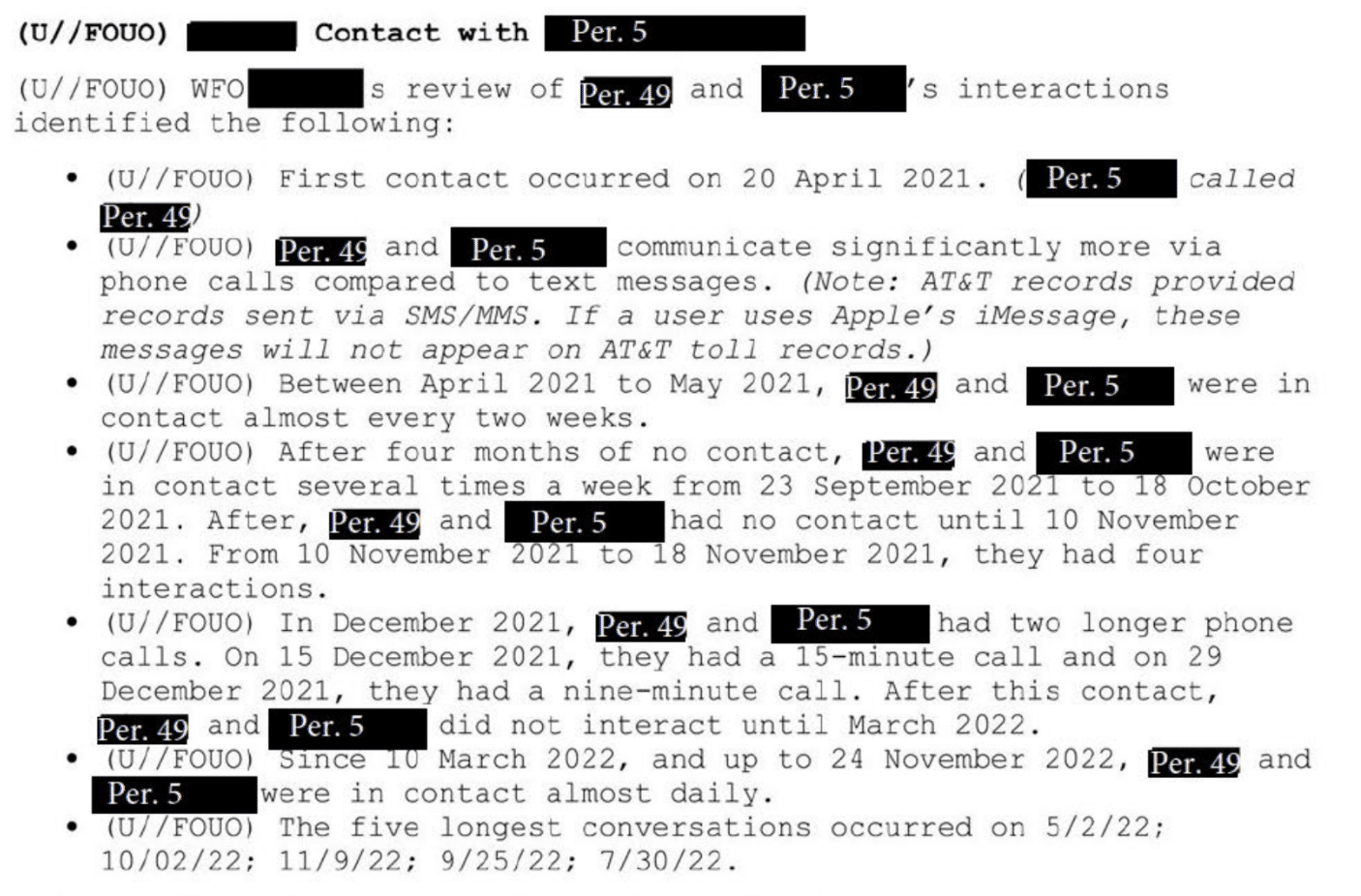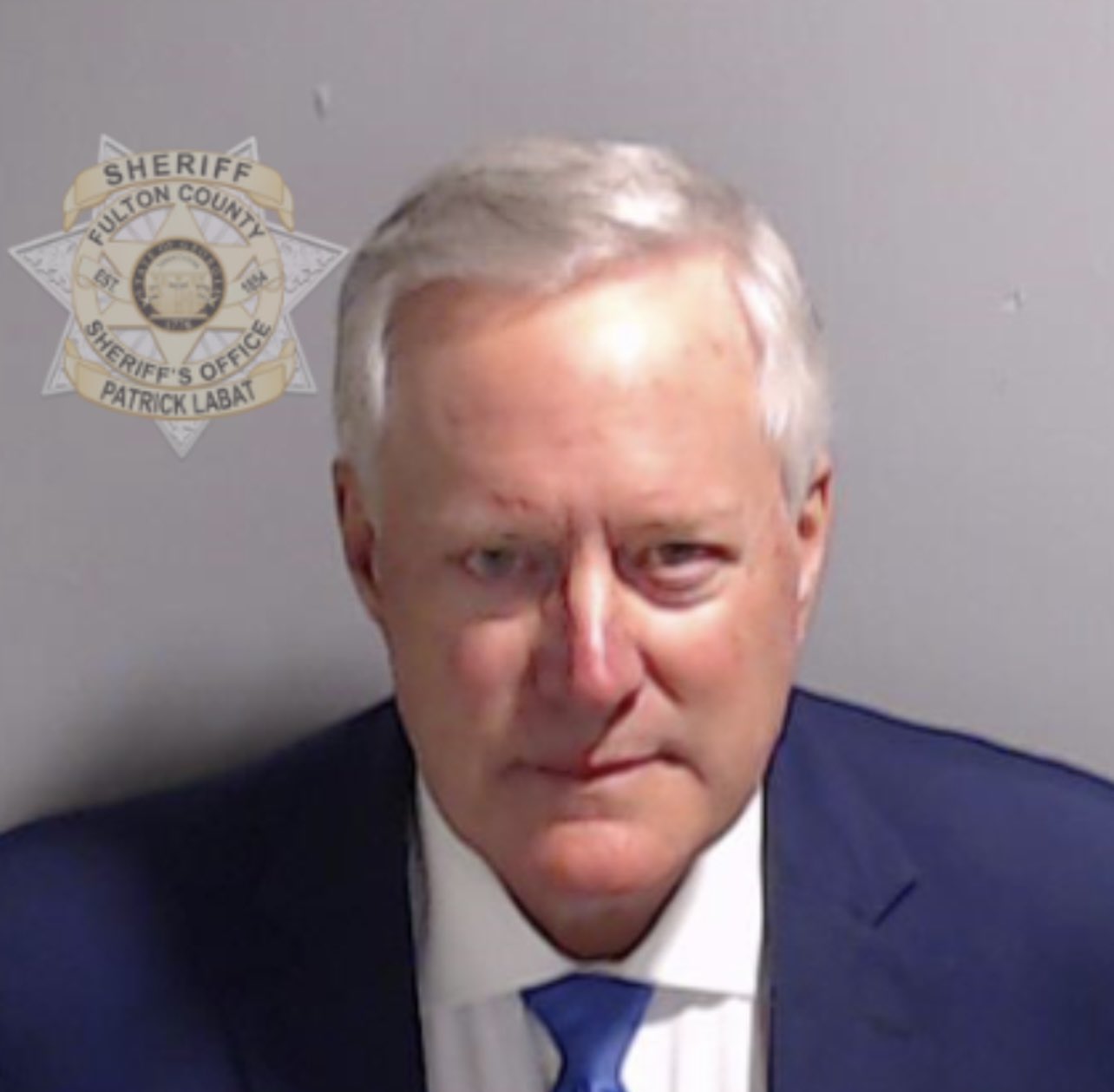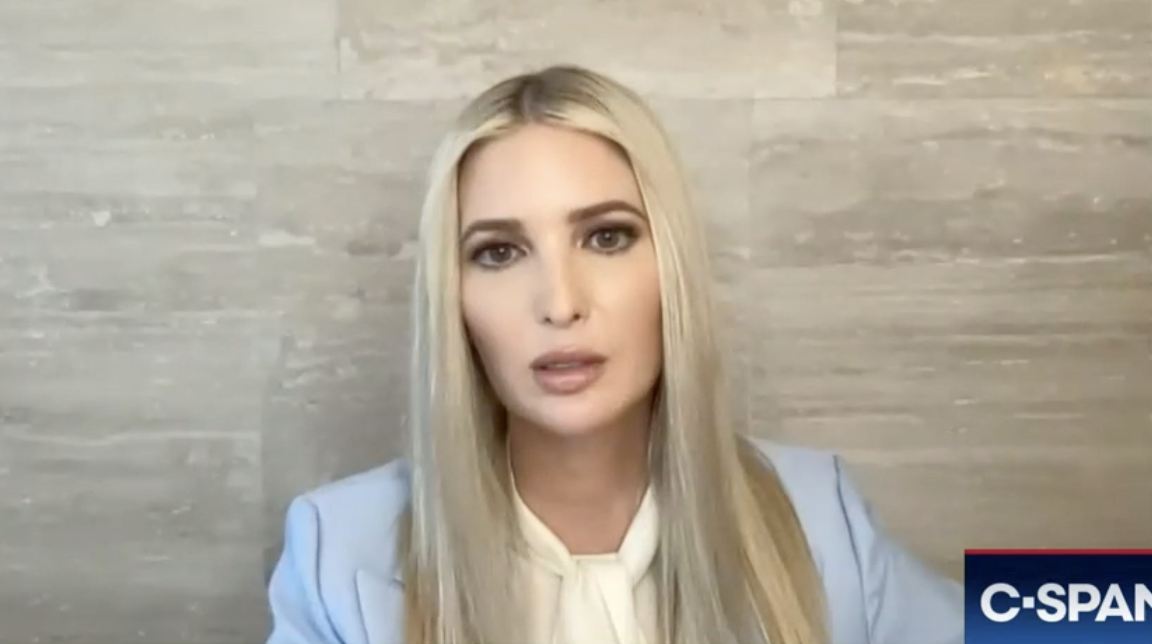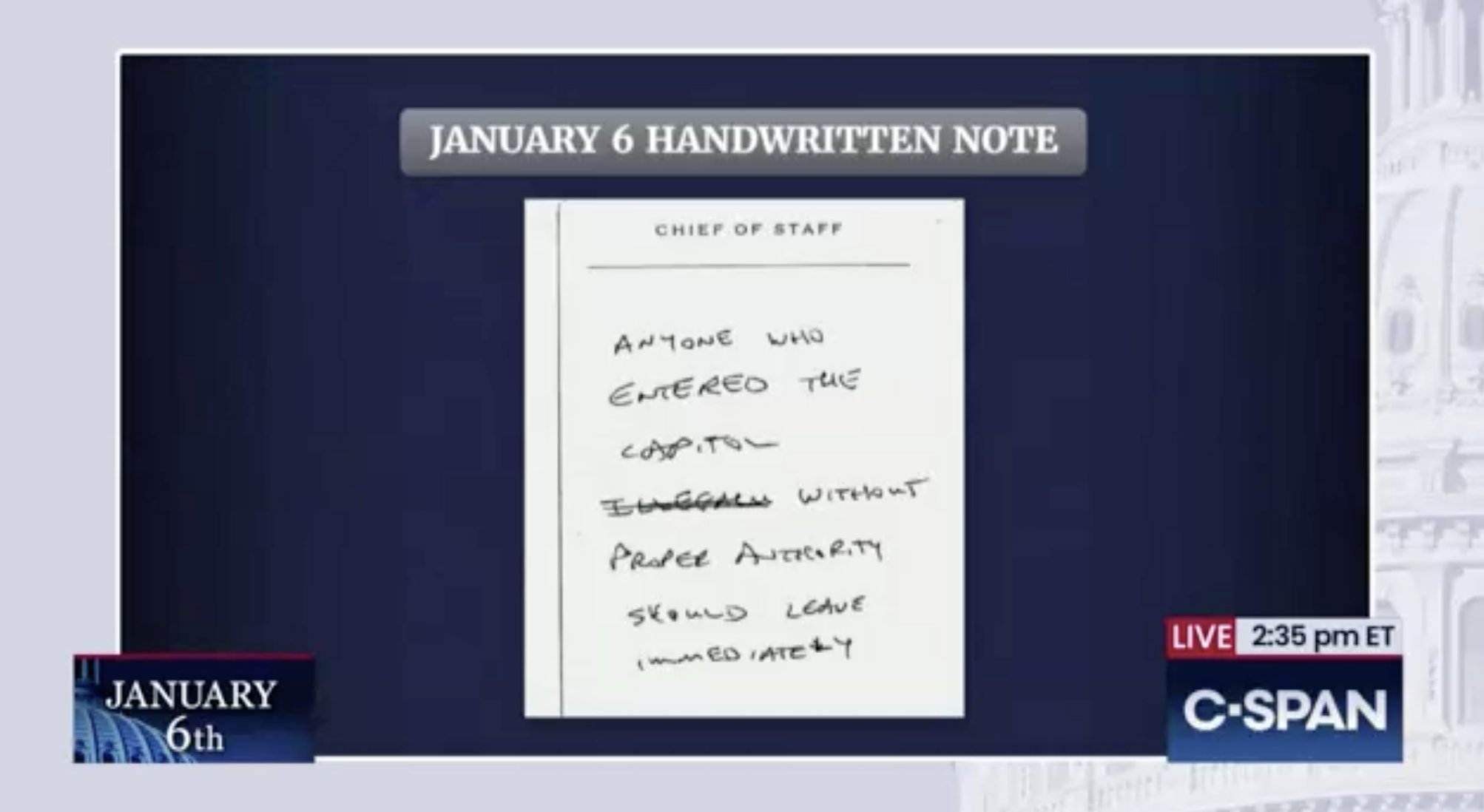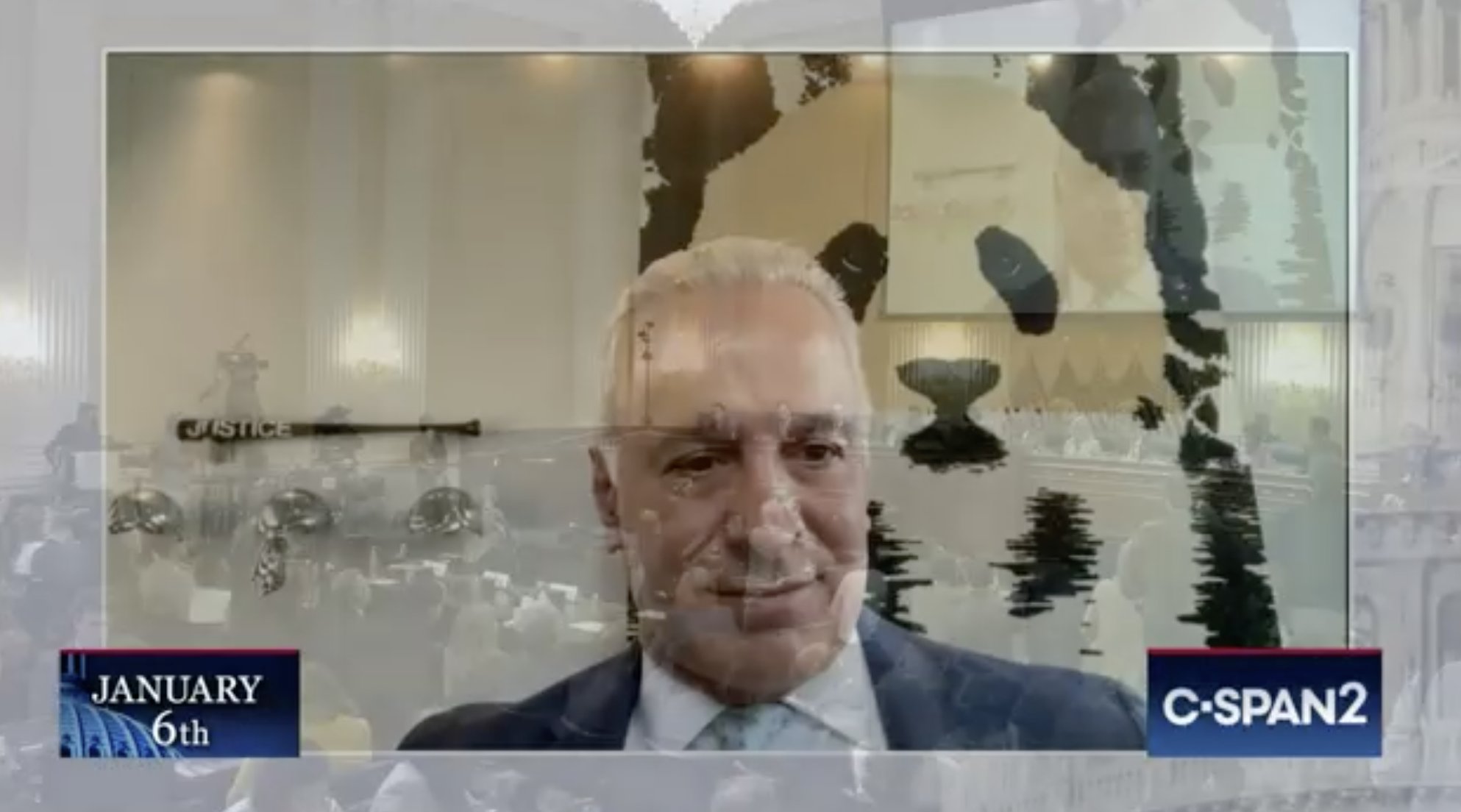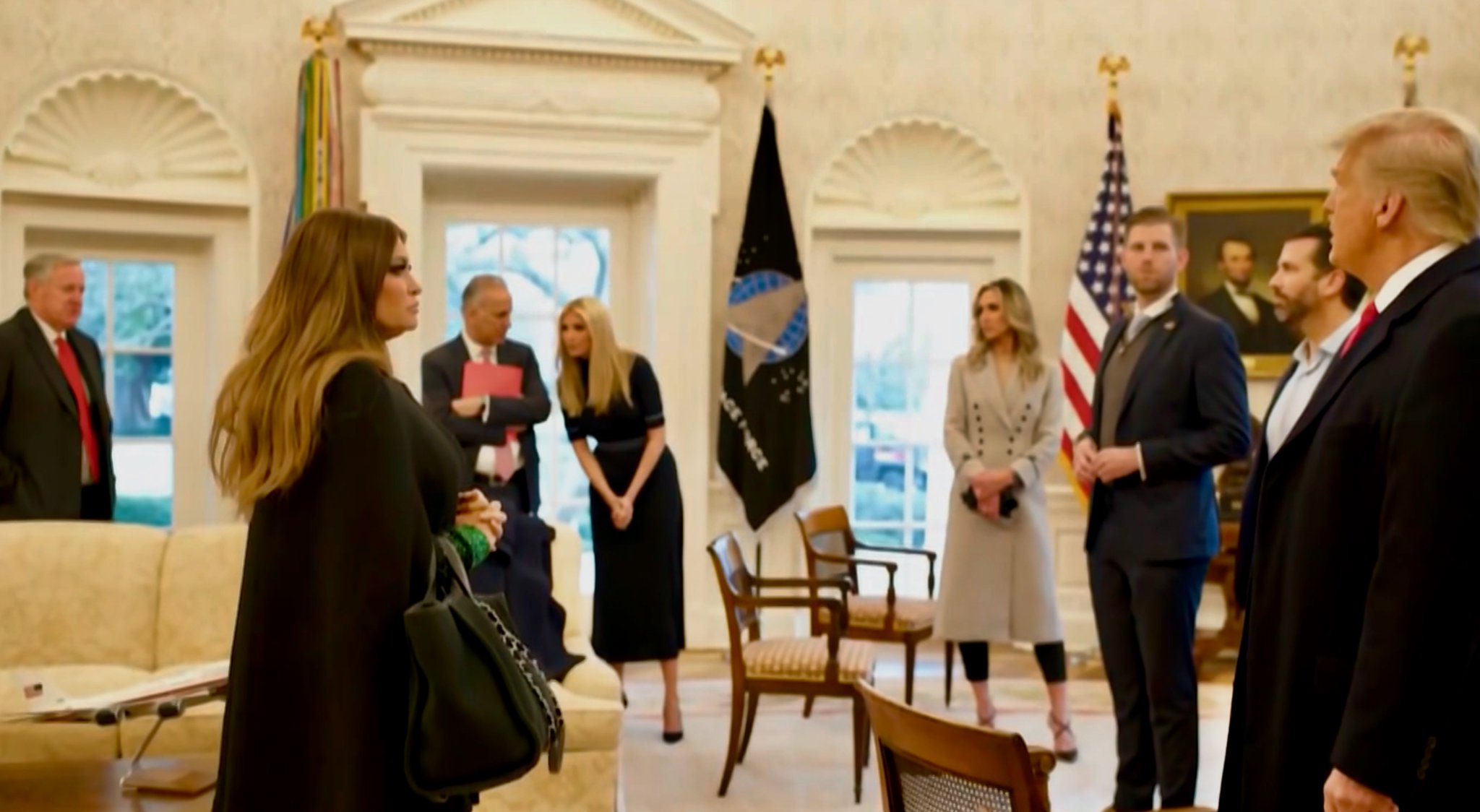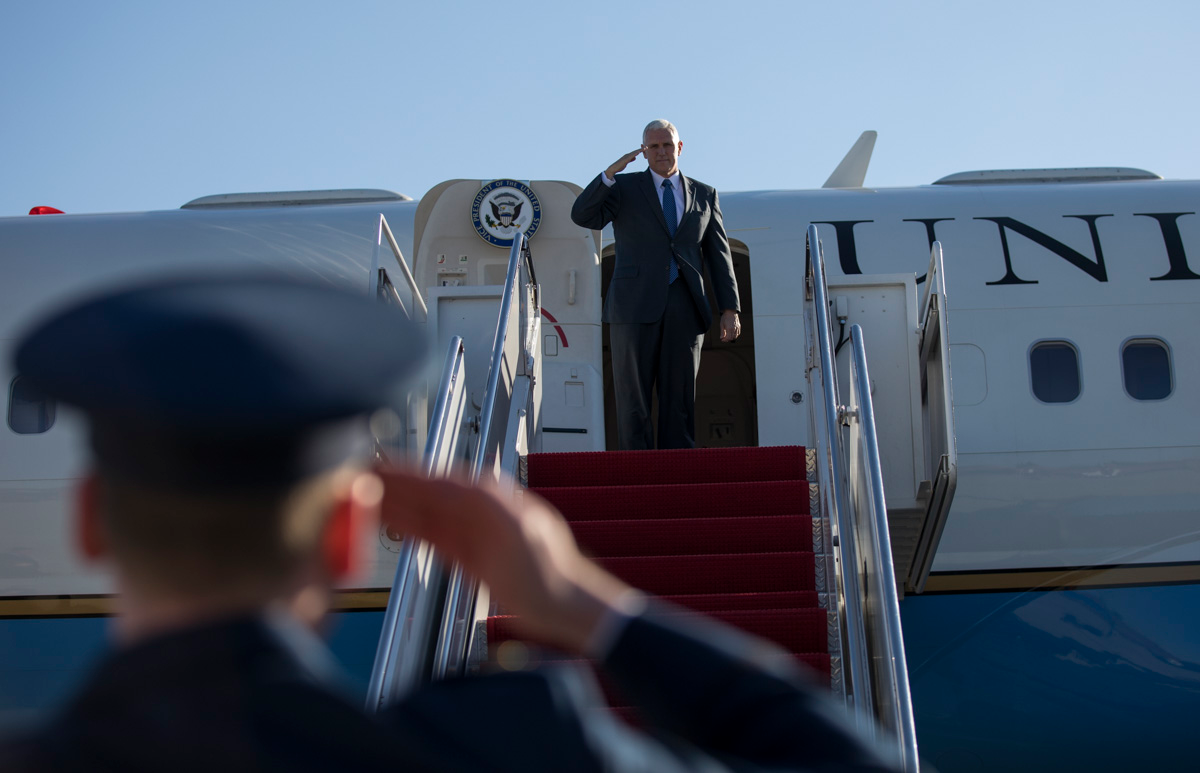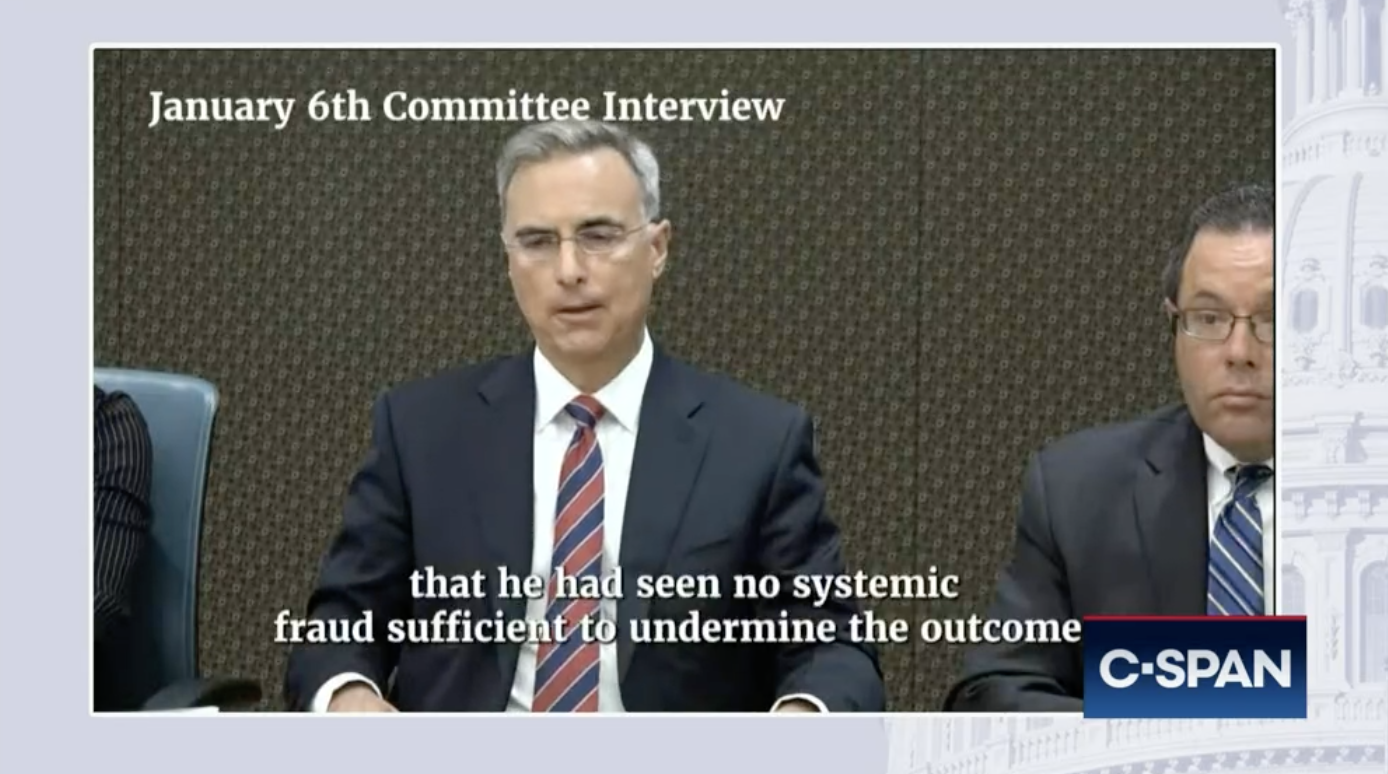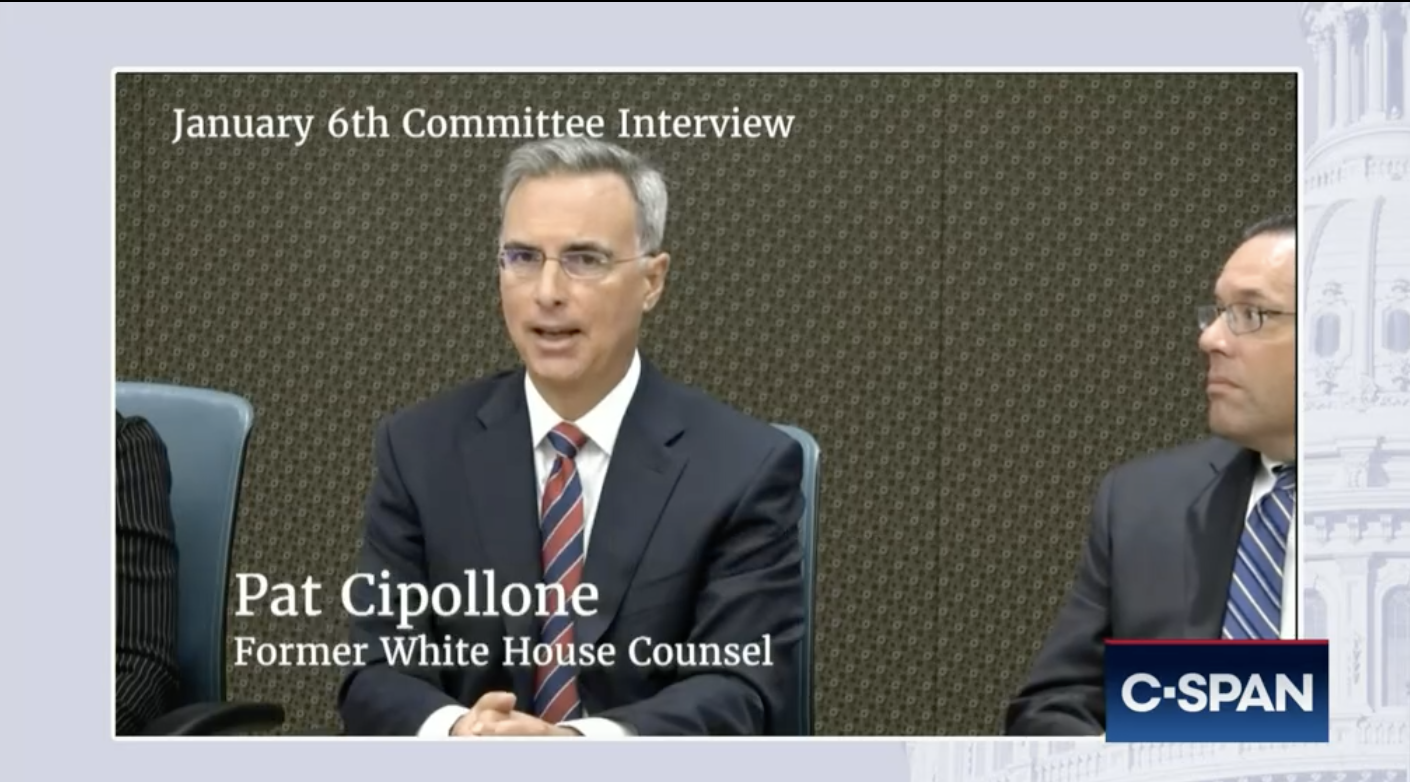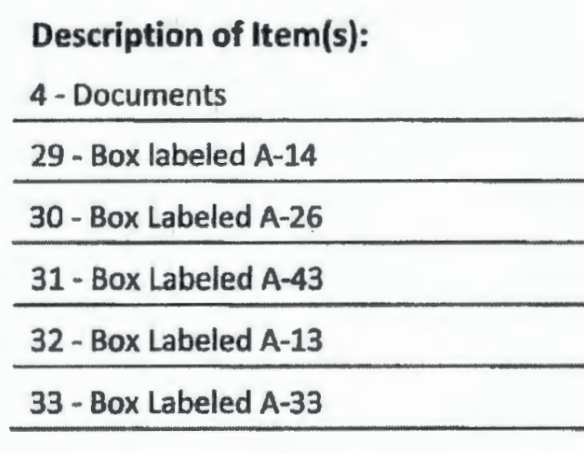How Jack Smith Wants to Prove Trump’s Crimes
It goes too far to say, as some commentators have, that Jack Smith’s immunity filing is his trial brief.
If this thing were ever to go to trial, such a document would focus more on the elements of the offense that Judge Chutkan would have jurors assess, which I laid out here. While there’s extensive discussion of the Electoral Count Act, particularly regarding the intentional exclusion of the President from it, there’s less discussion of how Trump’s lies impaired its function, the crime charged under 18 USC 371. While there’s a discussion of the intent behind the fake electors plot, there’s less discussion of how those fake certificates served to impair the function of counting the real certificates (a point Trump made in his post-Fischer supplement to his motion to dismiss the indictment on statutory grounds), something that would be key to proving the two 18 USC 1512 charges. There’s little discussion of the victims — 81 million Joe Biden voters — whose rights Donald Trump allegedly attempted to violate in the 18 USC 241 charge.
Jack Smith is not exactly telling us how he’d prove his case. Rather, he’s asking for permission to use certain kinds of evidence to do so.
There’s no telling how SCOTUS will respond to this (I’m particularly interested in the tactical decision to call the Brooks Brothers Riot, “a violent effort to stop the vote count in Florida after the 2000 presidential election,” in a filing that aims to persuade John Roberts, Brett Kavanaugh, and Amy Coney Barrett.) Prosecutors have raised the cost for Roberts et al, by laying out that their immunity argument basically argues that it is the job of the President of the United States to send mean Tweets eliciting violent threats against members of his own party.
Now that Trump got permission to submit a sur-reply, his team is likely to frame this entire argument anew, as they wanted to do from the start. Given what they’ve said, I would assume their 180-page brief will focus extensively on the chilling effect it would have to hold a former President accountable for almost getting his Vice President killed. Once they prove that, Trump’s lawyers have argued, the entire indictment must be scrapped, because grand jurors were exposed to immunized behavior.
On that point: It seems that the brief relies on immunized conduct that was not shared with the grand jury. This appears most obvious in the footnote where the government says that part of a conversation Mike Pence had with Trump on December 19 is official conduct, but they don’t plan to share it with jurors. A more interesting instance, however, is the reliance on Pat Cipollone’s testimony that, after he showed up to the January 4 meeting at which John Eastman attempted to persuade Pence to throw out legal votes, Trump “explicitly excluded him from” the meeting. Under SCOTUS’ guidelines, that conversation presumably shouldn’t have been presented to grand jurors, but it is powerful evidence that the January 4 meeting was not official business.
The most notable new evidence in the filing is another example. Minutes after Trump sent the Tweet targeting Pence during the riot, the brief describes, Person 15 (Nick Luna), rushed into Trump’s dining room to tell him that Pence had been taken to safety, only for Trump to respond, “So what?” Prosecutors are only using that evidence, they explain, to contextualize the Tweet Trump had just sent, to make it clear it was a private Tweet. “The defendant further revealed the private nature of his desperate conduct as a candidate, rather than a President, in an exchange (that the Government does not plan to use at trial) he had with aide P15 shortly after the 2:24 p.m. Tweet.” Luna probably alerted Trump imagining he might take official action to protect his Vice President, so this would be an official act. Jurors will never hear that testimony, but we get to, as do John Roberts and his colleagues.
Mike Pence
Caveating that I expect Trump to throw the kitchen sink at the Pence issue, I think Smith does fairly well rebutting the presumption of immunity in Trump’s communications with Pence. That analysis relies heavily on the deliberate exclusion of the President from tallying the vote, supporting a conclusion that “it is difficult to imagine an occasion when a President would have any valid reason to try to influence” the certification of the vote (meaning relying on Trump’s discussions with Pence wouldn’t chill valid Presidential communications). It also relies heavily on Blassingame’s holding — one not explicitly adopted in SCOTUS’ immunity ruling — that a candidate for re-election is not entitled to presidential immunity. So, the filing argues, any discussions that Trump and Pence had about their re-election bid (the filing lists nine here) are not official.
[T]he Government intends to introduce evidence of private phone calls or in-person meetings (which occasionally included Campaign staff) that the defendant had with Pence in their unofficial capacities, as running mates in the post-election period.
[snip]
Pence “tried to encourage” the defendant “as a friend,” when news networks projected Biden as the winner of the election; on other occasions, softly suggested the defendant “recognize [the] process is over” even if he was unwilling to concede; and encouraged the defendant to consider running for election again in 2024. Although the defendant and Pence naturally may have touched upon arguably official responsibilities that were tangential to their election prospects—for instance, whether the federal government should begin its logistical transition to prepare for a different Administration°°’—the overall context and content of the conversations demonstrate that they were primarily frank exchanges between two candidates on a shared ticket, and the Government does not intend to elicit testimony about any peripheral discussion of arguably official responsibilities.
Another thing prosecutors did is engage in a system of parallel citation, often citing what must be interview or grand jury transcripts along with passages from Pence’s book.
The brief doesn’t ever mention footnote 3, in which Chief Justice John Roberts, in an attempt to dismiss Justice Barrett’s concerns that excluding officially immune evidence would make it impossible to prosecute the bribery specifically mentioned in the Constitution, said that of course prosecutors could rely on “the public record.” (See Anna Bowers’ good piece on the footnote here.)
3 JUSTICE BARRETT disagrees, arguing that in a bribery prosecution, for instance, excluding “any mention” of the official act associated with the bribe “would hamstring the prosecution.” Post, at 6 (opinion concurring in part); cf. post, at 25–27 (opinion of SOTOMAYOR, J.). But of course the prosecutor may point to the public record to show the fact that the President performed the official act. And the prosecutor may admit evidence of what the President allegedly demanded, received, accepted, or agreed to receive or accept in return for being influenced in the performance of the act. See 18 U. S. C. §201(b)(2). What the prosecutor may not do, however, is admit testimony or private records of the President or his advisers probing the official act itself. Allowing that sort of evidence would invite the jury to inspect the President’s motivations for his official actions and to second-guess their propriety. As we have explained, such inspection would be “highly intrusive” and would “ ‘seriously cripple’ ” the President’s exercise of his official duties. Fitzgerald, 457 U. S., at 745, 756 (quoting Spalding v. Vilas, 161 U. S. 483, 498 (1896)); see supra, at 18. And such second-guessing would “threaten the independence or effectiveness of the Executive.” Trump v. Vance, 591 U. S. 786, 805 (2020)
For much of the Pence testimony on which prosecutors want to rely, that parallel system of citation makes clear, there is a public record, and was — even excerpted in the WSJ — months before prosecutors interviewed Pence. Again, prosecutors aren’t making the argument that that should change the calculus. But ultimately, this is an instance where one key victim of Trump’s alleged crimes went public even before prosecutors asked for his testimony.
I actually think where Jack Smith’s bid may fail is with three others: Eric Herschmann (Person 9), Dan Scavino (Person 45), and Stephen Miller (who — best as I can tell — is not mentioned).
Eric Herschmann
If possible, Smith’s prosecutors rely even more heavily on Eric Herschmann’s testimony than the January 6 Committee did. The immunity brief uses his testimony to prove that Trump knew his claims of election fraud were false. It uses Herschmann’s prediction that Trump would never have to pay Rudy for his election interference because Rudy would never be able to prove his claims. It relies on Herschmann’s testimony (and that of another White House staffer) to describe how Trump mocked Sidney Powell even while relying on her false claims. It relies on Herschmann’s testimony about Trump possibly signing a false declaration in a Georgia lawsuit. And it relies on Herschmann to introduce the evidence presented by paid vendors that there was no evidence of substantive election fraud.
The filing includes two long sections (one, two) explaining why Herschmann’s testimony shouldn’t be considered official actions. Herschmann’s relationship with Trump was familial, arising from his childhood friendship with Jared. His portfolio at the White House was undefined. Prosecutors get around the possibility that Herschmann’s testimony might be official by describing his role as a “conduit for information from the Campaign,” providing “near-daily” updates on the campaign. If this argument fails, then a great deal of prosecutors’ best evidence would disappear.
Dan Scavino
Dan Scavino’s testimony is just as critical. Prosecutors want to use Scavino to introduce Trump’s Twitter addiction and to validate that some Tweets — including the one targeting Pence — were sent by Trump.
P45 served as Assistant to the President and White House Deputy Chief of Staff.694 He also volunteered his time for Campaign work, including traveling to political rallies with the defendant and posting pictures and videos.695 The Government will elicit from P45 at trial that he was the only person other than the defendant with the ability to post to the defendant’s Twitter account, that he sent tweets only at the defendant’s express direction, and that P45 did not send certain specific Tweets, including one at 2:24 p.m. on January 6, 2021.696 He also will generally describe the defendant’s Twitter knowledge and habits, including that the defendant was “very active on his Twitter account,” “paid attention to how his tweets played with his followers,” “was very engaged in watching the news,” and “knew how to read the replies and see all the replies of what people were saying and doing which . . . led to where he would retweet things,” and that any Tweet sent “between 5 or 6 a.m. until 9 or 10 a.m.” and after “9 or 10 p.m.” generally was the defendant personally sending out the Tweet, as opposed to P45 having do it. None of this proposed testimony on P45’s part constitutes evidence of an official act. General information about access to the defendant’s Twitter account, as well as P45’s testimony that P45 did or did not issue a particular Tweet, is unrelated to any particular official act by the defendant.
They also want to use Scavino, along with Herschmann and Nick Luna, to testify that Trump was sitting alone in his dining room obsessing about Fox News coverage on January 6.
The filing treats actions by the White House Deputy Chief of Staff as unofficial, in part, by noting that Scavino “volunteered” for the campaign while working as Deputy Chief of Staff and that “he did not differentiate between his official and his Campaign duties and when he would send Tweets on the account for Campaign purposes.” Like Herschmann, Scavino got White House Counsel advice about how to play both a White House and a campaign role. The filing tries to finagle this by distinguishing between Trump’s @POTUS and his @RealDonaldTrump Twitter accounts.
But ultimately, Scavino would be one of the most hostile witnesses at trial, or in any kind of evidentiary hearing (along with Jason Miller). Prosecutors are resting a whole bunch on what even they admit is a vague border between campaign and official Tweeting.
Stephen Miller
Then there’s Stephen Miller, Trump’s Discount Goebbels.
As far as I know, Miller is not mentioned in this brief at all.
That poses a bit of a potential weak point in prosecutors’ effort to rely on Trump’s January 6 speech treated as a campaign speech (which they otherwise do by matching it to a clear campaign speech given in Georgia two days earlier, focusing on who paid for the rally, noting that Secret Service did not consider it an official event, and observing that Trump walked in and out to Lee Greenwood and YMCA rather than Hail to the Chief).
That’s because — as the January 6 Committee Report describes — Miller was intimately involved in adding attacks on Pence back into the speech after the Vice President refused Trump’s demands a final time.
Instead, between 9:52 a.m. and 10:18 a.m., the President spoke with hisspeechwriter, Stephen Miller, about the words he would deliver at the SaveAmerica Rally just hours later.30 The former President’s speech had come together over the course of 36 hours, going from a screed aimed at encouraging congressional objections to one that would ultimately incite mob violence.31
Only four minutes after the call concluded, at 10:22 a.m., Miller emailedrevisions to the speechwriters, instructing them to “[s]tart inputting thesechanges asap” that included “red highlights marking POTUS edits.”32 ThePresident had made some cosmetic additions, like peppering in the word“corrupt” throughout,33 but there was one substantive edit—a new target—that would focus the crowd’s anger on one man.
None of the preceding drafts mentioned Vice President Pence whatsoever. But now, at the very last minute, President Trump slipped in the following sentences calling the Vice President out by name:
Today, we will see whether Republicans stand strong for the integrity of our elections. And we will see whether Mike Pence enters history as a truly great and courageous leader. All he has to do is refer the illegally-submitted electoral votes back to the states that were given false and fraudulent information where they want to recertify. With only 3 of the 7 states in question we win and become President and have the power of the veto.34
[snip]
As recounted in Chapter 5, President Trump called Vice President Penceat 11:17 a.m.39 The call between the two men—during which the President soon grew “frustrat[ed] or heated,”40 visibly upset,41 and “angry”42—lasted nearly 20 minutes.43 And President Trump insulted Vice President Pence when he refused to obstruct or delay the joint session.
After that call, General Keith Kellogg said that the people in the roomimmediately went back to editing the Ellipse speech.44 At 11:30 a.m., Miller emailed his assistant, Robert Gabriel, with no text in the body but the subject line: “insert—stand by for phone call.”45 At 11:33 a.m., Gabriel emailed the speechwriting team: “REINSERT THE MIKE PENCE LINES. Confirmreceipt.”46 One minute later, speechwriter Ross Worthington confirmed that he had reached Vincent Haley by phone.47 Haley corroborated that he added one “tough sentence about the Vice President” while he was at the teleprompter.48
The final written draft had the following Pence reference: “And we will see whether Mike Pence enters history as a truly great and courageous leader.”49 Haley wasn’t confident that line was what he reinserted, but email traffic and teleprompter drafts produced by the National Archives andRecords Administration (NARA) indicate that he was mistaken.50
Here’s how that process appears in the immunity brief:
At 11:15 am., shortly before traveling to the Ellipse to speak to his supporters, the defendant called Pence and made one last attempt to induce him to act unlawfully in the upcoming session.410 When Pence again refused, and told the defendant that he intended to make a statement to Congress before the certification proceeding confirming that he lacked the authority to do what the defendant wanted, the defendant was incensed.411 He decided to re-insert into his Campaign speech at the Ellipse remarks targeting Pence for his refusal to misuse his role in the certification.412
Admittedly, in the section that specifically argues for the speech’s treatment as a campaign speech, the filing describes that most staffers were using their personal emails to edit the speech (the brief uses this distinction elsewhere, including to admit communications from Mark Meadows). But not the final revisions.
Likewise, the defendant’s White House speechwriting staff understood that the speech was a political, unofficial one and used their personal devices and personal email accounts to do most of the drafting and fact-checking for the defendant’s Ellipse speech, though some last revisions to the speech on the morning of January 6 occurred over White House email.585 And officials in the White House Counsel’s Office who customarily reviewed the defendant’s official remarks pointedly did not review the Ellipse speech because it was an unofficial Campaign speech.586
This may not doom prosecutors’ efforts to admit the speech. There are so many other reasons why it is clearly a campaign speech (though of course, SCOTUS has not adopted Blassingame, so they may not even find that dispositive).
But Stephen Miller is right there in the middle of the speech revisions, ready to claim he did so as an official White House employee.
Mind you, if Trump tried to make that argument, prosecutors might revert to the same thing they did to rely on the Tweet Peter Navarro sent, lying about vote fraud, which Trump then used to pitch January 6. Navarro was a Hatch Act recidivist — Trump’s entire White House was — so you can’t use the fact that Navarro had a White House job to rule that his Tweet was an official act.
In tum, that Tweet linked to a document drafted by P69. P69 that had nothing to do with P69’s official duties as a White House trade advisor, but rather constituted unofficial political activity by a Campaign volunteer who the Office of Special Counsel already had determined to have violated the Hatch Act on numerous occasions by attacking the defendant’s opponent during the lead up to the 2020 presidential election.633 For the reasons described supra pp. 118-126 that make clear that the Ellipse rally was a private event, and the defendant’s remarks there unofficial, his Tweets as a candidate promoting the event were unofficial.
Now’s a good time to reveal that Navarro got a second extension on his deadline to file for cert at SCOTUS, partly because Magistrate Michael Harvey has not yet finished reviewing the emails he sent via ProtonMail for Presidential Records is not yet done. Or, to put it differently, Jack Smith likely still doesn’t have all the emails via which Navarro participated in this coup attempt.
If SCOTUS had any shame, this nitty gritty — the notion that Trump’s mean Tweets against fellow Republicans might be protected under a claim of presidential immunity — would soon become embarrassing.
But then I remember that the three Justices who would be most amenable to such an argument might well grow defensive after being reminded that they were present at the start of all this, the effort to shut down vote counts via lawfare accompanied by the threat of violence.
Update: Lawfare has posted their version of this post. They also point to footnote 3 in the context of Mike Pence’s book.
Update: Note that the December 14 podcast cited in the immunity brief laid out in this post was an interview about the fake elector plot with Stephen Miller. It’s another area where Miller is in the thick of things.



